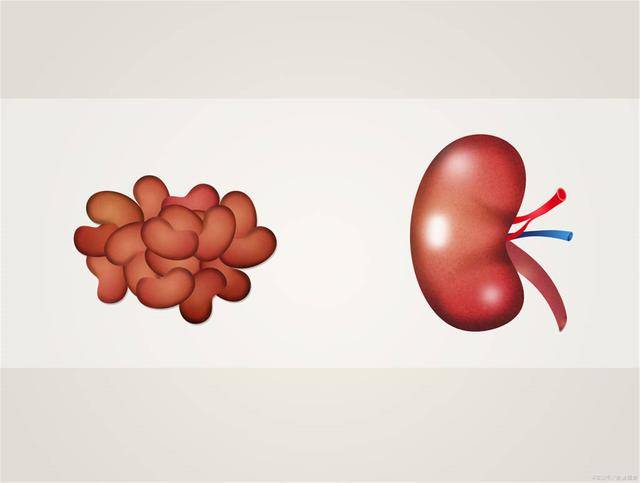Many people may often regard the kidneys as the “source of life” for humans because the health of the kidneys is closely related to the overall health of the body.
The kidneys are essential metabolic organs in our bodies. If the kidneys are in good health, they can metabolize efficiently, filter out harmful substances in the body, and form urine for excretion.
For male friends, having healthy kidneys not only enhances male charm but also contributes to a more harmonious and fulfilling family life.
However, as men reach middle age, various functions of the body, including kidney function, start to decline. For men over 40, meeting the following criteria may indicate good kidney health. It’s worth checking.
By the age of 40, if a man meets 4 criteria, it may indicate good kidney health, congratulations.
Clear hearing
Hearing is one of the most important ways to receive external information, making it crucial for daily life. Good hearing allows for effective communication and expression of thoughts. However, as individuals enter middle age, they may experience hearing loss or ringing in the ears.
Many young people often complain that their parents tend to increase the volume while using their phones, which is a sign of hearing impairment.
In traditional Chinese medicine, hearing is closely related to the kidney’s vitality. Therefore, if a male friend over 40 still has clear hearing, it may imply optimal kidney function, which is admirable.
Dark and dense hair
In traditional Chinese medicine, it is believed, “The essence of the kidney is shown in the hair.” Most men tend to experience hair loss and graying with age, which is associated with declining kidney function.
If a man notices that his hair remains dark and dense after reaching 40, with minimal hair loss, it could indicate excellent kidney function, which is indeed a reason to rejoice.
No swelling in the body
Swelling of the body is often associated with kidney health. The main function of the kidneys is to filter harmful substances in the body, metabolize fluids, and excrete urine. If the kidneys are diseased, the accumulation of fluids in the body can lead to swelling.
Normal blood pressure
In addition to filtering out harmful substances, the kidneys secrete hormones that regulate blood vessel dilation and contraction. When kidney function is compromised, hormone secretion is affected, impacting blood pressure regulation.
For men over 40, if their blood pressure remains within normal levels, it indicates strong kidney function. If you meet these criteria, take joy in it.
As living standards improve, many people develop unhealthy habits. For men who wish to maintain kidney health, it’s essential to proactively address the following behaviors.
Men, adopt these 3 behaviors to protect kidney health, take it seriously
Preference for heavy-tasting foods
As people age, their taste buds may decline, leading to a preference for heavy-tasting foods. Consuming such foods regularly can cause sodium ions from salt to accumulate in the body.
Sodium ions require the kidneys to break down and process them. Habitually consuming heavy-tasting foods can burden the kidneys and potentially lead to kidney damage. So, to safeguard kidney health, address this habit promptly.
Drink water regularly
Water is essential for life and acts as a catalyst and diluent for maintaining overall health. Many people fail to develop the habit of drinking water regularly.
For men wishing to protect their kidney health, it is vital to acknowledge the importance of staying hydrated. Dehydration can stress the kidneys during their functioning and may even lead to complications. This aspect should not be taken lightly.
Avoid prolonged sitting
Many men have busy work schedules, and after a long day, they tend to lounge on their beds or sofas, engaging with their phones for hours.
This sedentary behavior hampers blood circulation in the lower extremities and imposes pressure on the kidneys. To prevent kidney strain, it is crucial to avoid prolonged sitting. Taking steps to address this habit early on can prevent future complications. Take advice seriously.


